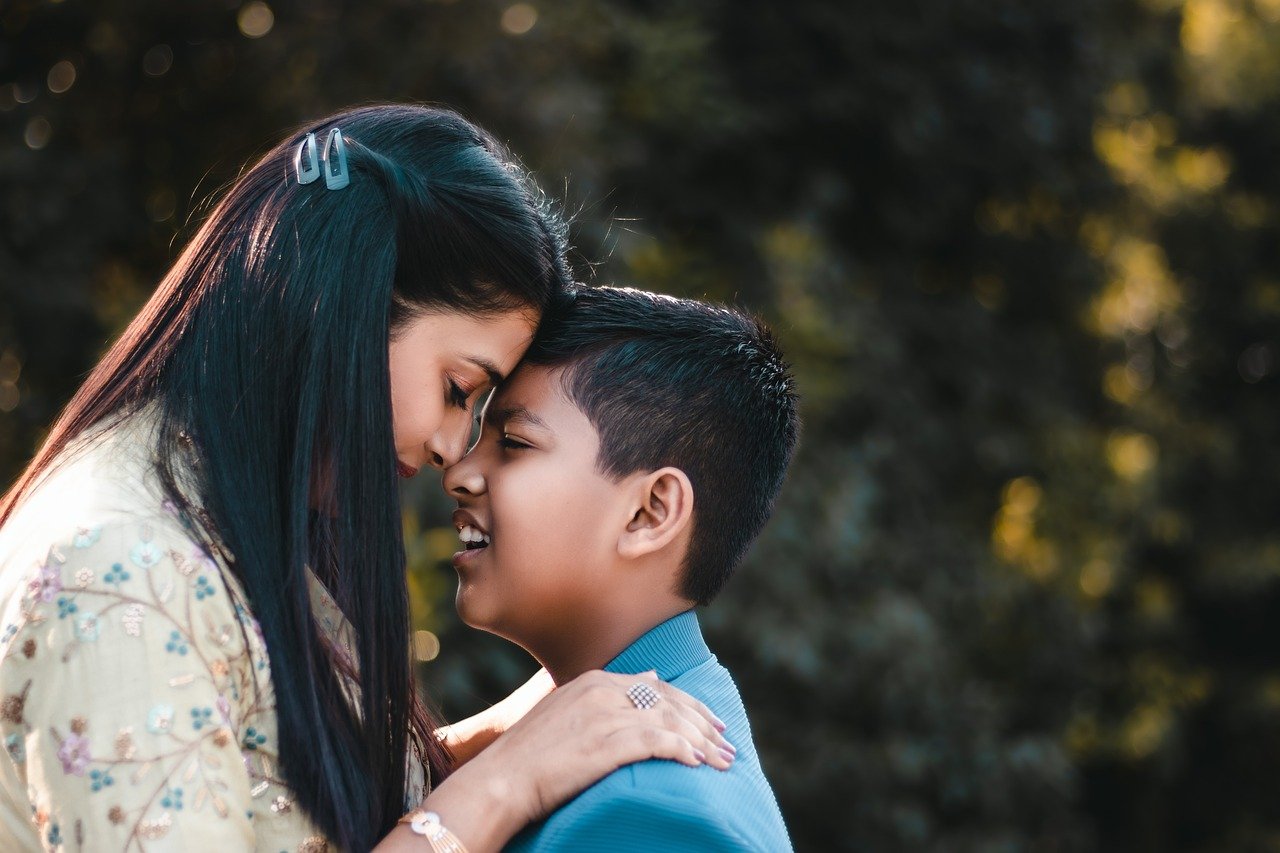Monitoring Our Mental Health as Parents
Saying it’s hard to be a parent doesn’t even begin to capture it. Additional roles including working parent, caring for multiples, or caring for other family members means that a lot of us are trying to fulfill very big things with finite resources, making our mental health extremely important. How you are feeling, what you are thinking, and how you view yourself cannot take a backseat.
Our mental health is also important because kids primarily learn about feelings, coping, and mental health through their parents. How we interact with our kids, what we model for our kids about feelings and mental health, and how we handle and validate our kids’ feelings set an important foundation for our children’s mental health. Kids are soaking up everything we are showing them and telling them, and they are often better at soaking up what we DO more so than what we SAY. Of course, teachers, therapists, psychologists, psychiatrists, school counselors, and societal factors influence a child’s mental health, but parents have the advantage of more time and a more influential relationship. Research also supports this. Children are significantly more likely to have an anxiety or depressive disorder if their parent has an anxiety disorder. While some of the impact here is potentially genetic, some of it is also environmental.
Ok, feelings check in here. I’m nervous! I run on the anxious side, as does my mom, and I worry (is this ironic? I feel like this is ironic) that the same will happen for my son. Turns out that trying to predict the future is a cognitive distortion (or unhelpful thought) in the land of Cognitive Behavior Therapy (CBT – more to come on this topic!), so I’m going to pause this thought for now and focus on the present. What can I show him now about anxiety, worry, and facing scary situations?
My anxious brain tells me that new situations are scary, that feeling scared is hard, and that avoiding scary situations sometimes makes me feel better. Well, new situations can be scary, that’s not so bad for my son to see, feeling scared can be hard, that’s also not so bad for my son to see, but avoiding scary situations – that’s probably not the most effective coping strategy I could use. Actually, it’s definitely not the most effective strategy, because I am still anxious! If it was effective, I wouldn’t be anxious anymore. Instead, I think it’s powerful to show and talk with my son about facing scary situations and using helpful coping strategies to get through the scariness. To do that, I first need to identify and name that a situation is scary or that I am feeling worried or nervous. Then, I need to intentionally model an effective coping skill to get through the scariness.
I hope this is a clear example of how we can help support our own mental health and our children’s mental health by: 1. naming how we are feeling and 2. intentionally modeling healthy coping strategies. Spoiler alert – avoidance isn’t one of them! Without these things, kids can learn that emotions are scary and that avoiding emotions is the way to deal with them. This can be a precursor to things like anxiety and depression. I also want to note that there is an important brain-based component of anxiety and depression, and I am not trying to downplay that here. I am trying to focus on what we can control.
When our mental health is suffering and we are living in our emotion brain, it makes it harder for us to access all of the other skills we need to use as parents – planning, prioritizing, playing, and being present for our kids. It is totally okay and normal to live in our emotion brain sometimes, but if you feel like you are spending too much time in your emotion brain, reach out for support! There are many ways to get support, including spending time with or talking to a good friend or family member, doing something that you enjoy or that is for yourself, joining a group, or talking to a therapist. Do what works for you and be intentional about it! Ask yourself, what is the single most helpful thing that supports your mental health today?
Ok, feelings check in here. I’m nervous! I run on the anxious side, as does my mom, and I worry (is this ironic? I feel like this is ironic) that the same will happen for my son. Turns out that trying to predict the future is a cognitive distortion (or unhelpful thought) in the land of Cognitive Behavior Therapy (CBT – more to come on this topic!), so I’m going to pause this thought for now and focus on the present. What can I show him now about anxiety, worry, and facing scary situations?
My anxious brain tells me that new situations are scary, that feeling scared is hard, and that avoiding scary situations sometimes makes me feel better. Well, new situations can be scary, that’s not so bad for my son to see, feeling scared can be hard, that’s also not so bad for my son to see, but avoiding scary situations – that’s probably not the most effective coping strategy I could use. Actually, it’s definitely not the most effective strategy, because I am still anxious! If it was effective, I wouldn’t be anxious anymore. Instead, I think it’s powerful to show and talk with my son about facing scary situations and using helpful coping strategies to get through the scariness. To do that, I first need to identify and name that a situation is scary or that I am feeling worried or nervous. Then, I need to intentionally model an effective coping skill to get through the scariness.
I hope this is a clear example of how we can help support our own mental health and our children’s mental health by: 1. naming how we are feeling and 2. intentionally modeling healthy coping strategies. Spoiler alert – avoidance isn’t one of them! Without these things, kids can learn that emotions are scary and that avoiding emotions is the way to deal with them. This can be a precursor to things like anxiety and depression. I also want to note that there is an important brain-based component of anxiety and depression, and I am not trying to downplay that here. I am trying to focus on what we can control.
When our mental health is suffering and we are living in our emotion brain, it makes it harder for us to access all of the other skills we need to use as parents – planning, prioritizing, playing, and being present for our kids. It is totally okay and normal to live in our emotion brain sometimes, but if you feel like you are spending too much time in your emotion brain, reach out for support! There are many ways to get support, including spending time with or talking to a good friend or family member, doing something that you enjoy or that is for yourself, joining a group, or talking to a therapist. Do what works for you and be intentional about it! Ask yourself, what is the single most helpful thing that supports your mental health today?
Author
Dr. Danielle Mohr is a licensed psychologist at Wolff Child Psychology. She specializes in comprehensive evaluations for children, teens, and young adults, and she conducts regular individual and family sessions.
Monitoring Our Mental Health as Parents

